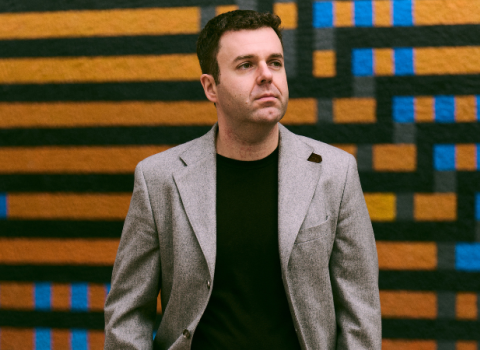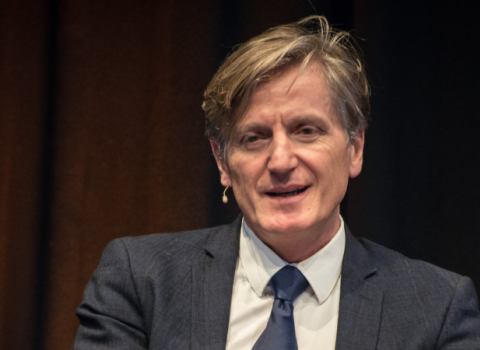EU Education Commissioner Tibor Navracsics has established a panel to advise on reforms to the European Institute for Innovation and Technology (EIT), as he awaits the results of a special audit being carried out by the European Court of Auditors to assess if the Budapest-based body is, “a suitable vehicle to deliver innovation in the EU”.
The group will meet for the first time before Easter, the Hungarian Commissioner told members of the European Parliament’s Committee on Industry, Research and Energy on Tuesday.
While he did not cite any examples, Navracsics said there have been concerns about the performance of the EIT.
“We realise that these issues are important, which is why my staff and the EIT, together with our academic and industry partners, are working to fix the problems,” he said.
The Commissioner did not give the names of the review panel members or a date for the publication of the audit’s findings, saying it will be released soon.
“We have not seen the final [audit] text yet of course, but our cooperation has been excellent, and I expect some findings and recommendations that will support the corrective actions already being taken. We are committed to making the changes necessary to bring the EIT to a new, exciting level of performance.”
Demands for improvements in EIT internal policies made by parliamentarians in the past have been met, the Commissioner claimed, saying, “The EIT has successfully strengthened its financial and operational capacities and is now delivering concrete results.”
"We look forward to working with the expert group that can further help the EIT to realise its full potential," said EIT spokeswoman Magdalena Gryszko. "The EIT is very pleased that its good progress and its delivery of concrete results received positive recognition from the Commissioner."
The EIT was launched in 2008 to stimulate innovation, by providing partial funding to a set of clusters called Knowledge and Innovation Communities (KICs), which are each separate legal entities with their own stakeholders and focus.
KICs are large consortia of universities, companies and others. The EIT central office in Budapest currently co-funds five KICs, in information technology, energy, life sciences, raw materials technologies and climate change. A further three will be added by 2018.
Around a quarter of a KIC’s funding comes from the EU’s Horizon 2020 research and innovation programme, the rest from government or private funders.





 A unique international forum for public research organisations and companies to connect their external engagement with strategic interests around their R&D system.
A unique international forum for public research organisations and companies to connect their external engagement with strategic interests around their R&D system.